The ever-increasing rapidity of technological change and global development creates demand for minerals and other extracted products. As these demands grow, so does the scarcity of raw materials, requiring miners to work in increasingly challenging environments to meet the needs of society.
The School of Mining and Mineral Resources' Mining Safety Center of Excellence (SCE) at the University of Arizona is the pre-eminent research, education, and workforce training community that innovates mining methods toward achieving zero injuries, illnesses, and fatalities.
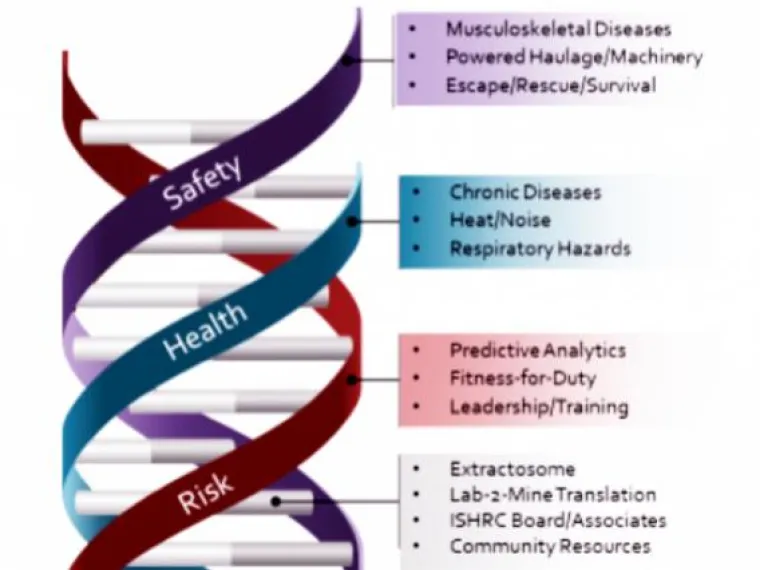
The SCE addresses the most pressing mining safety, health, and risk challenges of the 4th Industrial Revolution, including:
- Safety-focused supervisor leadership
- Mine rescue and emergency self-escape
- Optimized miner fitness-for-duty
- Miner health and disease management
- Predictive analytics
SCE is working with our stakeholders to achieve zero harm to miners by:
1) creating pragmatic and sustainable safety, health, and risk improvements in partnership mining companies;
2) identifying, adapting, and promoting best practices across industry sectors, and
3) improving access to tools, technology, and training so that the smallest mining operators can benefit.
Why UArizona?
- Legacy of innovative mining research, education, training
- Strong cross-college mining health and safety collaborations
- San Xavier Mining Laboratory
- Proximal operating mines
- Surface (large and small)
- Underground (complex)
- Artisanal
- Access to international mines
- Tucson - unique technology hub
- Perfect testing ground
- 4 of 5 climatic zones
- Elevations -7000 to >12,000 ft
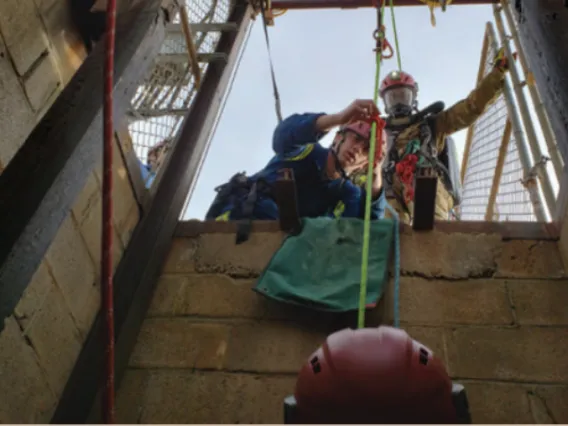
Safety-Related
• Emergency Resiliency
• Basic Subterranean Rescue
• Advanced Subterranean Rescue
• Human/Machine Interaction
• Ergonometrics
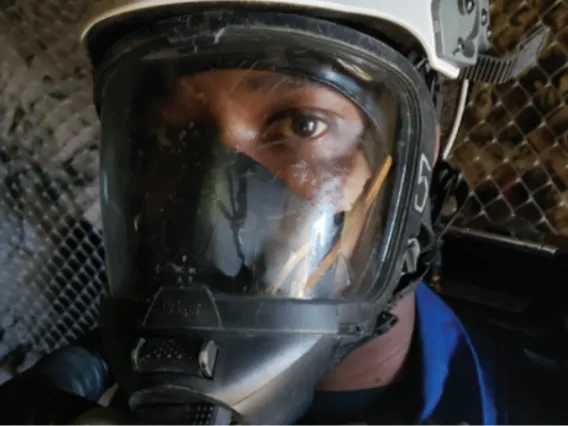
Health-Related
• Respiratory Exposures
• Noise Exposure Methods
• Thermal Stress Management
• Implementing Zero Harm
• Measures of Behavioral Health
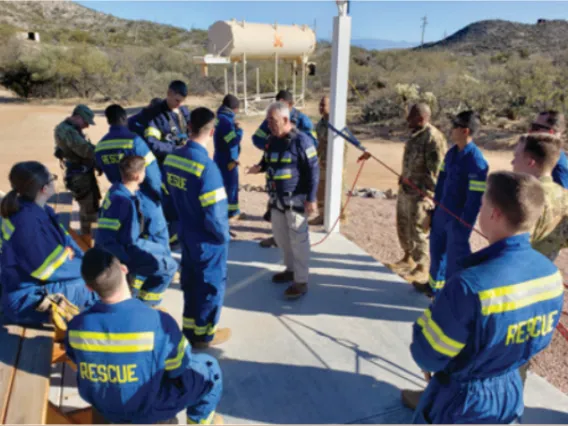
Risk-Related
• Supervisor Leadership
• Blockchains to Mitigate Risk
• Effective Training
• Program Evaluation
• Continuity of Risk Management
Near Term Goals:
1. Develop effective and sustainable heat strain management and mitigation tools for underground and surface mines operating in extreme conditions.
2. Launch version 2.0 of the Mining Institute for Supervisor Leadership (MISL) Program using a multi-modal flipped classroom.
3. Provide open source compendium of ‘best-practices’ in critical controls for metal/non-metal mines that could lead to the most concerning material unwanted events.
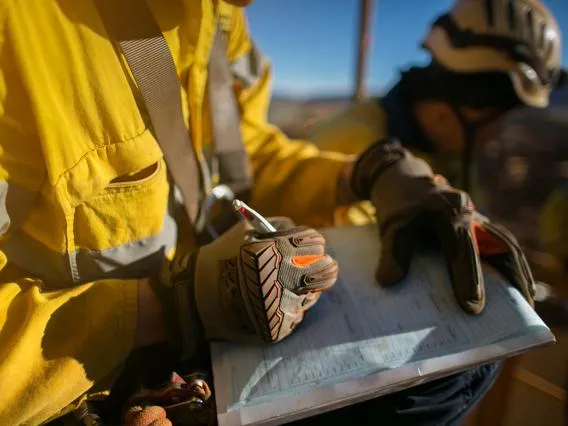
A Partnership for Miners’ Health
Protecting the health of miners is the aim of a national partnership with the University of Arizona, the National Institute for Occupational Safety and Health (NIOSH), the mining industry and other interests. The Miner Health Partnership launched in the fall of 2021 as part of NIOSH’s Miner Health Program. It provides an informal forum to discuss challenges, share research and detail industry practices used to protect miners.
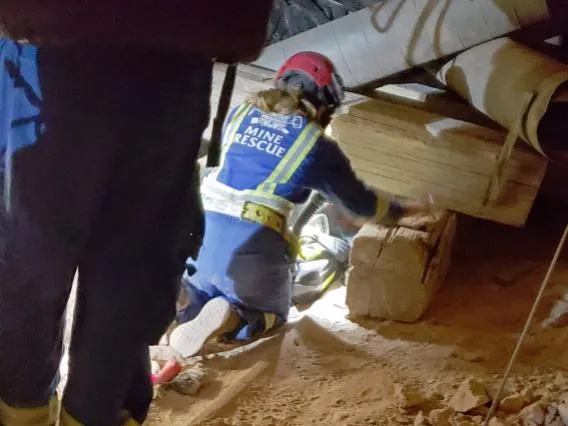
Updating Health & Safety Education
The University of Arizona Graduate Certificate in Mining Occupational Safety and Health is getting an overhaul. Based on industry input and the analysis of gaps in academic offerings carried out last year, the Department of Mining and Geological Engineering is introducing new courses and refreshing the program, including expansion to both in-person and on-line offerings.

Making Mine Workers Safer, Healthier
We took a look at what universities offer in terms of health, safety and combined health and safety programs and how many specifically address mining. Their study showed that there are no health and safety degree programs specifically for mining. Of the 17 university mining programs that offer mining engineering degrees the majority had one to two classes on mining health and safety, and several had none.
Key Personnel
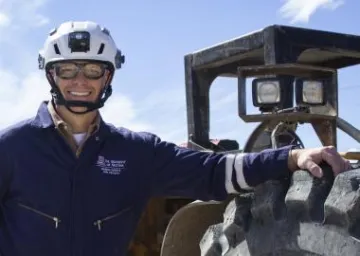
Contact
Eric A. Lutz, PhD CMSP BSC
Director, Mining Safety Center of Excellence
March 1, 2021:
Eric A. Lutz Receives SME Award

